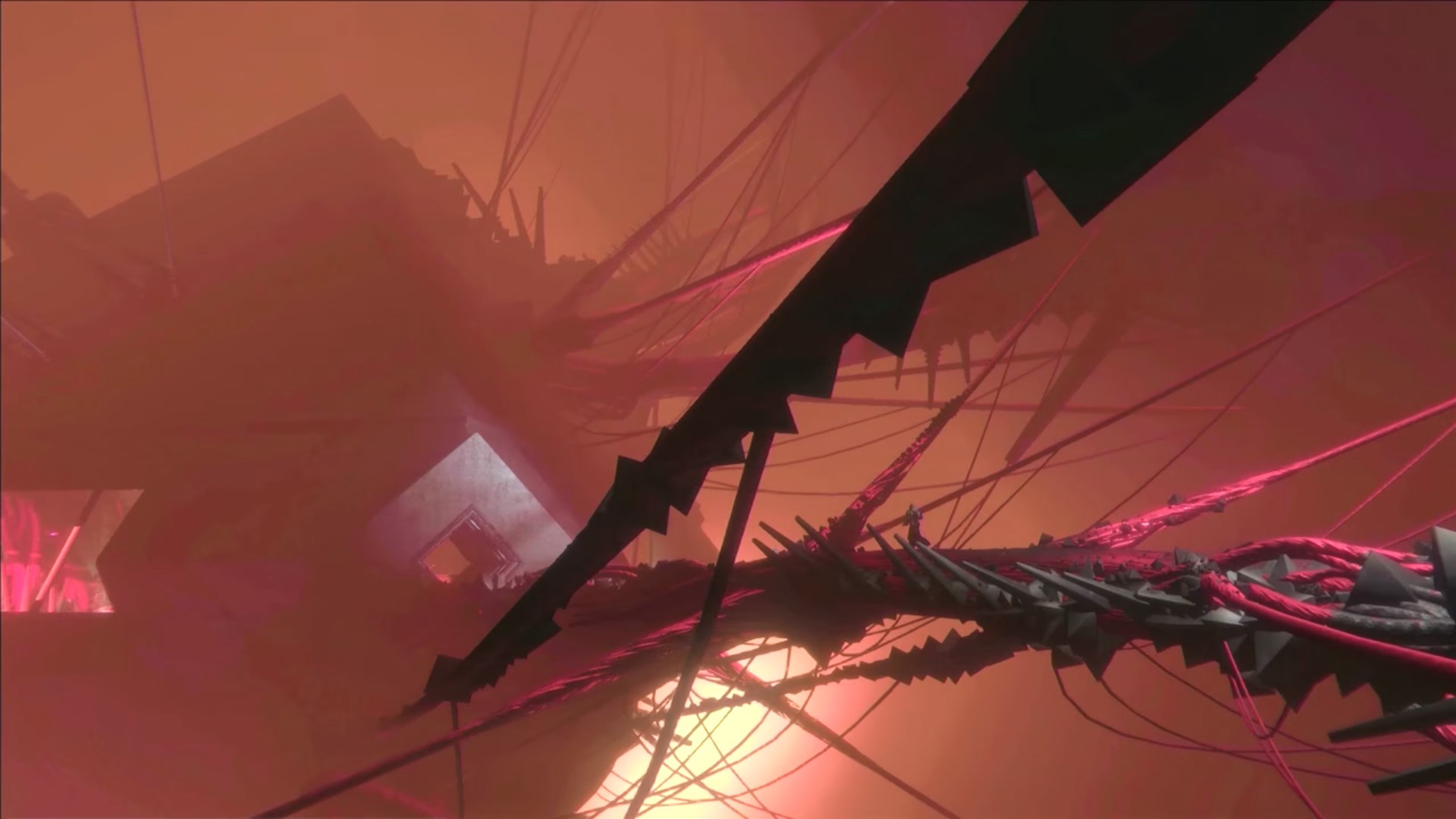Jade Nekotenshi asks:
So, I was reading Meditations on Moloch, by Scott Alexander (http://slatestarcodex.com/2014/07/30/meditations-on-moloch/), and I couldn’t help but notice the parallels between his Elua and the Eldraeic Transcend.
Is that why the Transcend came to be, to vanquish Moloch, as it were? It certainly seems like, at least at its core, the Empire has largely managed to contain the destructive consequences of coordination problems.
(…you really want to read or have read that link before continuing.)
Well, after all, the whole project of civilization, in one respect or another, is to vanquish Moloch: the Empire as a whole – governance, businesses, branches and circles, COGs, reputation networks, obligators, markets, a million million sub-coordination mechanisms are all, to one extent or another, lights burning against the dark, each correcting every other.
As have been any number of arbitrarily selected projects to improve people, from education to biomodification to cyberization, in the interest of promoting better coordination per se and increased likelihood of same through increased tendencies to enlightened non-Molochian self-interest.
(Note, here, for example, that the fish-farming story given at II/3 in the post depends on the Steves and Mikes of the world making certain characteristic cognitive errors which are endemic among humans. Likewise the craziness that is Vegas, seen in III. The Citizen Eugenics Board has been working on deleting tendencies to make those sort of errors, et. al., from the eldraeic cognome for millennia.)
((It is also perhaps worth noting at this point that Elua, as conceived, represents the aggregated preferences and values of [baseline] humans, i.e., human nature. The Transcend doesn’t give a damn for “eldrae nature”, any more than mainstream eldraeic philosophy does, on the grounds that it’s probably as imperfect as the rest of the universe. It operates on the basis of the perfected ideal version of eldrae nature, what I suppose we might as well call angelic nature, which two will eventually converge over time as the grand process of personal and cultural self-improvement advances.))
But the Transcend is, in some of its parts, a very high level of expression of this tendency and so you are entirely correct to identify it as such. It’s an impossible circle-squarer – which is to say, by creating a collective-consciousness superorganism that manages to be one mind and a trillion minds simultaneously, with perfect information for all, it exists to deliver perfect liberty and perfect coordination at the same time, and therefore destroy Moloch.
Or at least as close an asymptotic approach to that exalted state as an ever-growing Cirys swarm of computational elements can deliver.
But that’s the short and medium-term plan. In the long-term, destroying Moloch alone isn’t enough: the plan there is to do away Moloch’s daddy, Gnon – which the Flamics call Entropy – because the perversity of any given evolved-sophont system is a mere subset of the perversity of what is, at base, a fundamentally broken universe.
And this is where I switch to Destiny metaphors.
The Transcend is, like the Traveler, a gardener. It “builds gentle places, safe for life”. It “builds new life, against the onset of ruin, towards a gentle world”. It architects laws of conduct, elegant dances of civilization. It spreads order, peace, harmony, and progress. Enlightenment. Love.
This is all true. This is the nature of their iteration of Elua. But it is not complete.
Because, insofar as it possible to comprehend its long-term plans, the Transcend also shares the ambition of the Vex. Its long-term plan is to understand everything and, to steal a perfectly cromulent phrase, build an emperor for all outcomes – and thereby to transcend physicality and overwrite itself on the informational substrate of the universe, becoming an inseparable property of the universe.
When perfect liberty and perfect coordination become fundamental to reality, superordinate to mere physical law – when Moloch and Gnon have been utterly extirpated as defective and obsolescent functions – and every quantum moves in accordance with Transcendent values…
…perfection will have been achieved.
And that alone is sufficient victory.

